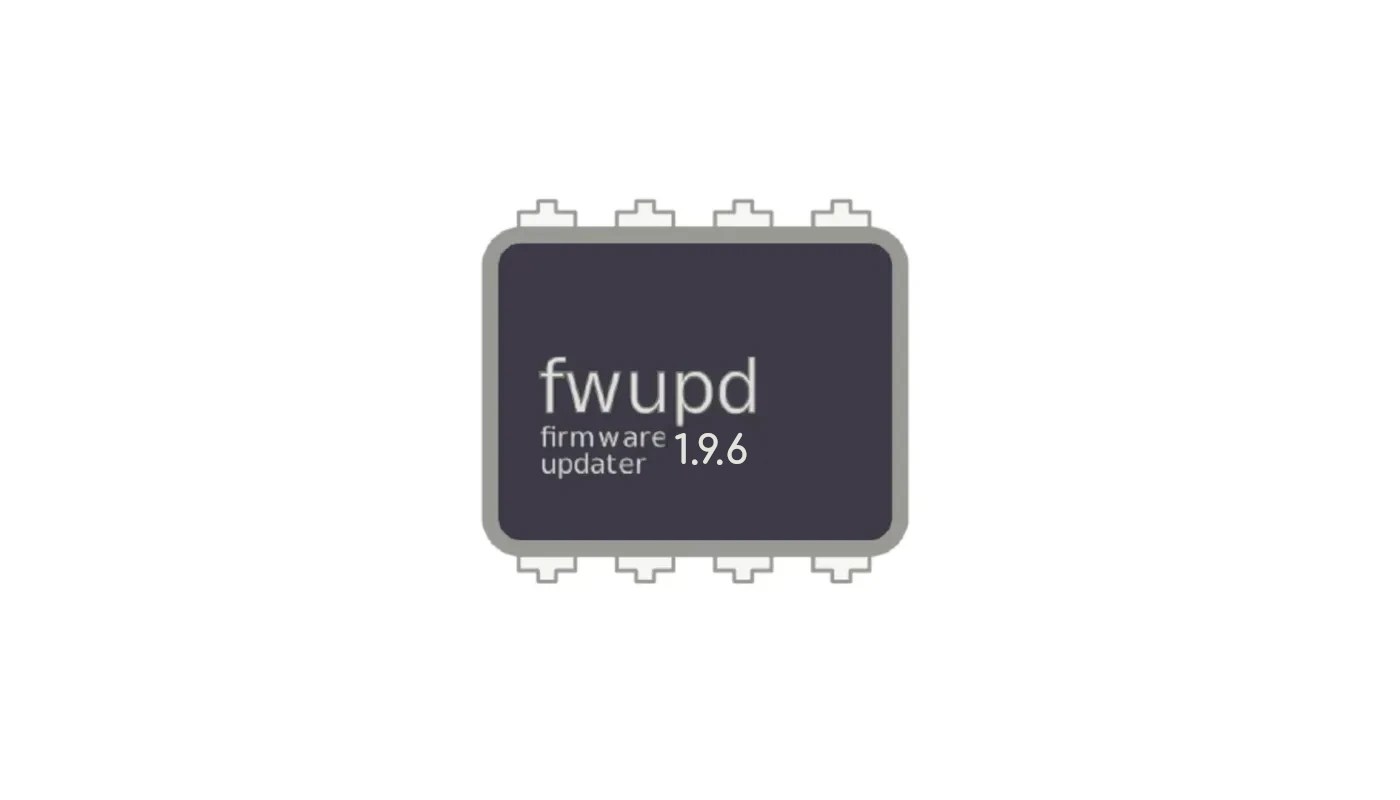Fwupd 1.9.6 Linux firmware upgrading utility has been released today with support for more hardware devices, new features, as well as a dozen bug fixes.
Fwupd 1.9.6 comes a month after the fwupd 1.9.5 release and introduces support for more hardware devices, including AMD dGPUs Navi3x and later, Star Labs StarBook Mk VIr2, Google Rex Intel USB-4 retimers, Quectel EM160 module, Wacom DTH134 and DTC121 tablets, Foxconn SDX12, SDX55, and SDX6X devices, MediaTek DP AUX scalers, and VLI VL105-VL109.
Several new features also make it into this new fwupd release, namely a new security attribute that enables BIOS capsule updates, support for coSWID payload sections, support for parsing EDIDs, a new functionality to fix specific host security attributes, a launchd agent for macOS systems, as well as the ability to add only-quirk instance IDs from quirk files.
On top of that, fwupd 1.9.6 fixes several bugs to allow Wacom modules to specify a status polling interval, to allow devices to require a connected display, to no longer display Intel CET unsupported as success, and to no longer show multiple Genesys GL32xx devices for the same physical device.
This release also speeds up logitech-bulkcontroller firmware updates, adds the ability to install a sysusers.d systemd file when using -Dsystemd_unit_user, adds the ability to recalculate the SUPPORTED flag after adopting a child device, reduces the amount of RAM used when chunking large firmware, and prevents reading ownership and TPM flashes left in the Dell plugin.
Last but not least, fwupd 1.9.6 implements a new functionality to use the LVFS (Linux Vendor Firmware Service) portal when using the report-history --force option, fixes a fuzzing timeout in the HID descriptor parser, and adds the ability to write the coSWID TAG_ID as a bytestring when possible.
Fwupd 1.9.6 is available for download from the project’s GitHub page as a source tarball that you’ll have to compile on your GNU/Linux distribution. However, it is highly recommended that you install or update fwupd from the stable software repositories of your distribution.
Last updated 7 months ago

